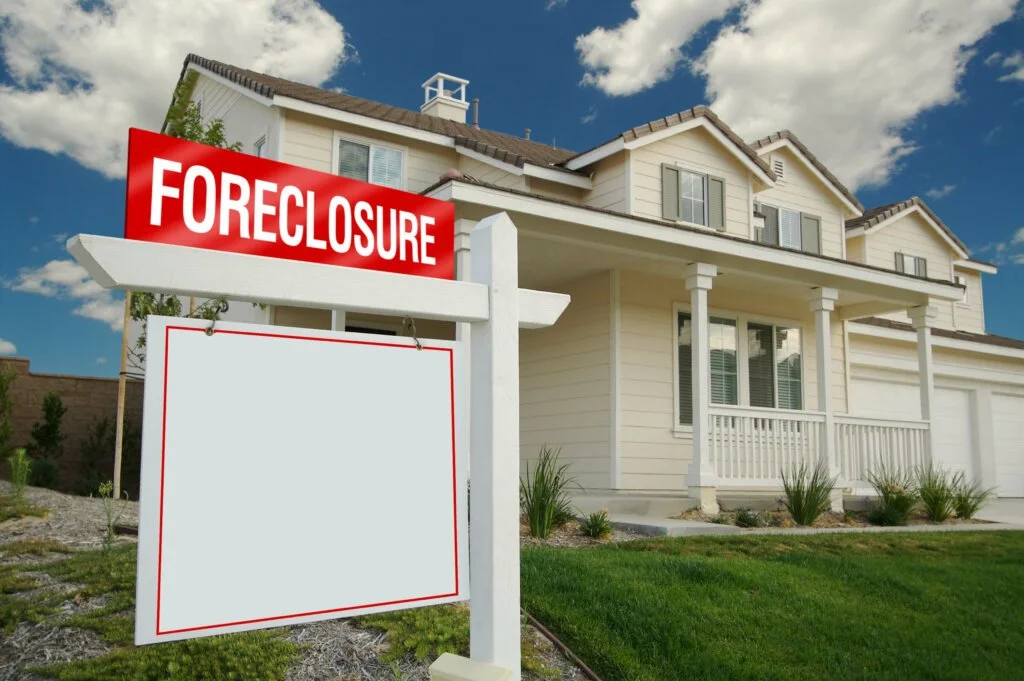How to Avoid Foreclosure in Florida
Facing the possibility of foreclosure can feel overwhelming. Whether due to unexpected job loss, medical bills, or rising living costs, many homeowners find themselves struggling to keep up with mortgage payments. The good news is that foreclosure is not inevitable. With early action, clear communication, and the right financial strategies, you can protect your home and your credit. Here’s how to avoid foreclosure before it’s too late.
1. Recognize the Warning Signs Early
The first step to preventing foreclosure is acknowledging financial trouble before it escalates. If you’ve missed one or two payments or foresee difficulty meeting your next due date, act immediately. Waiting for a formal notice from your lender can limit your options.
Common red flags include:
Falling behind on mortgage or property tax payments
Maxing out credit cards to pay bills
Receiving default or demand letters from your lender
Experiencing major life changes such as job loss, illness, or divorce
Once you spot these signs, contact your lender right away. Most mortgage servicers would rather help you find a solution than go through an expensive foreclosure process.
2. Communicate With Your Lender
Homeowners often avoid calling their lender out of fear or embarrassment—but communication is your strongest defense. Explain your situation clearly and ask about loss mitigation options, which may include temporary relief or long-term adjustments. Lenders typically offer:
Forbearance: Temporary pause or reduction in payments during financial hardship.
Loan modification: Permanent change in loan terms—such as a lower interest rate, longer repayment term, or added missed payments to the end of the loan.
Repayment plan: Structured plan to catch up on missed payments over time.
When you call, have the following information ready:
Your loan number
Recent income and expenses
Proof of hardship (e.g., medical bills, layoff notice, pay stubs)
Keeping the conversation professional and proactive builds trust and helps your lender see you as cooperative, not delinquent.
3. Understand Your Rights and Timeline
Foreclosure laws vary by state, but every homeowner has certain rights. Once you miss payments, your lender must send you written notices before initiating foreclosure proceedings. Learn:
How many days you have to cure (make up missed payments)
When the official Notice of Default or Lis Pendens is filed
Whether your state follows a judicial (court-supervised) or nonjudicial (direct lender process) foreclosure
Knowing your timeline helps you prioritize which actions to take and when. In some cases, working with a housing counselor or foreclosure attorney can help you navigate deadlines and paperwork more effectively.
4. Explore Refinancing or Loan Modification
If your credit is still in decent shape, refinancing your mortgage can be a powerful tool to avoid foreclosure. A new loan—ideally with lower interest rates or extended terms—can reduce monthly payments and make them more manageable.
If refinancing isn’t possible, ask about a loan modification. Under programs such as the Home Affordable Modification Program (HAMP) or lender-specific hardship programs, borrowers can qualify for revised payment terms based on income and debt levels.
Keep in mind: applying for a modification requires documentation. Gather bank statements, pay slips, tax returns, and a hardship letter explaining your financial situation.
5. Seek Professional Assistance
You don’t have to handle foreclosure prevention alone. There are free or low-cost resources available:
HUD-approved housing counselors can help you negotiate with lenders and explain government relief programs.
Nonprofit credit counseling agencies can help restructure debts and build a realistic budget.
Foreclosure defense attorneys can identify procedural errors or legal defenses if foreclosure has already begun.
Avoid companies that promise to “guarantee foreclosure prevention” or charge high upfront fees—many are scams. Always verify credentials and check for state licensing.
6. Consider Selling Before Foreclosure
If keeping the home is no longer financially feasible, selling before foreclosure in Florida be the smartest choice. You can preserve your credit and avoid legal complications by pursuing one of these options:
Traditional sale: If your home’s market value is higher than your mortgage balance, selling can help you pay off the loan and walk away debt-free.
Short sale: With your lender’s approval, you sell the home for less than what’s owed, and the lender forgives the remaining balance.
Cash sale to investors: For homeowners facing imminent foreclosure, selling to a cash buyer can close the deal quickly—often within days—without repair costs or agent fees.
While it’s emotionally difficult, selling early allows you to control the process and avoid the long-term damage of a foreclosure on your credit report.
7. Create a Long-Term Financial Plan
Once immediate threats are resolved, focus on preventing future risk.
Build an emergency fund covering 3–6 months of expenses.
Set up automatic payments to avoid missed due dates.
Reassess your budget to reduce nonessential spending.
Explore side income opportunities or refinancing again when market conditions improve.
Financial stability doesn’t come overnight, but consistent action makes foreclosure far less likely to happen again.
8. Stay Alert for Assistance Programs
During economic downturns or natural disasters, both federal and local governments often roll out mortgage relief programs. Examples include:
The Homeowner Assistance Fund (HAF) for COVID-19-related hardships
State-sponsored mortgage rescue or reinstatement grants
VA, FHA, or USDA loan programs offering special loss mitigation options
Check your state housing authority or HUD website for current assistance opportunities.
Conclusion
Avoiding foreclosure is about acting fast, staying informed, and exploring every available option. Communication with your lender, professional guidance, and strategic financial planning can make the difference between losing your home and regaining control. Whether you work toward loan modification, refinance, or sell to a cash investor, the key is to act before your situation becomes irreversible.
Remember: foreclosure doesn’t happen overnight—but neither does recovery. Taking small, steady steps today can protect your home, your credit, and your peace of mind tomorrow.

